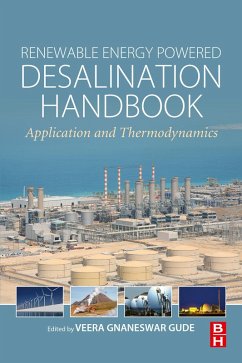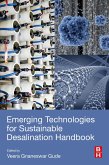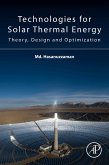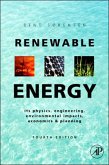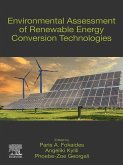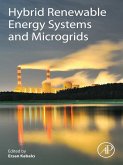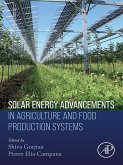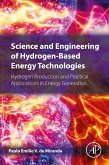Desalination based on the use of renewable energy sources can provide a sustainable way to produce fresh water. It is expected to become economically attractive as the costs of renewable technologies continue to decline and the prices of fossil fuels continue to increase.
- Covers renewable energy sources, such as nuclear, geothermal, solar and wind powered desalination and energy storage and optimization
- Includes energy recovery schemes, optimization and process controls
- Elaborates on the principles of thermodynamics and second law efficiencies to improve process performance, including solar desalination
- Explains global applicability of solar, wind, geothermal and nuclear energy sources with case studies
- Discusses renewable energy-desalinated water optimization schemes for island communities
Dieser Download kann aus rechtlichen Gründen nur mit Rechnungsadresse in A, B, BG, CY, CZ, D, DK, EW, E, FIN, F, GR, HR, H, IRL, I, LT, L, LR, M, NL, PL, P, R, S, SLO, SK ausgeliefert werden.

